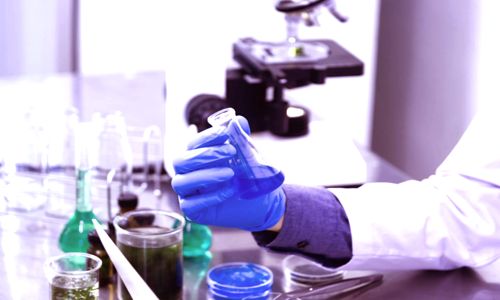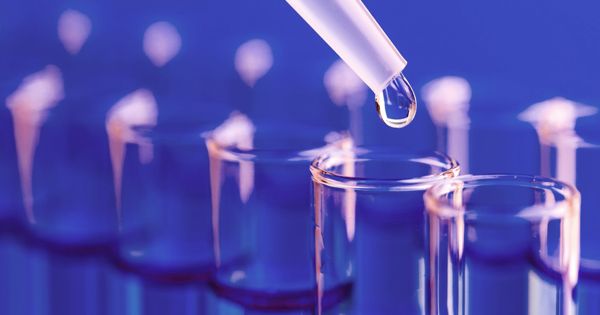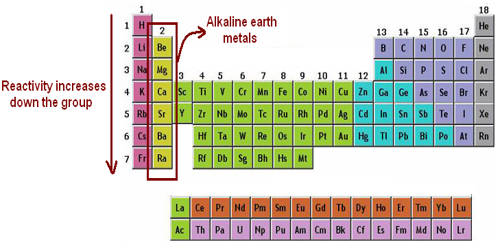Biomedicine is a branch of medical science that applies biological and physiological principles to clinical practice. It is an academic field dedicated to the advancement of human medicine. Biomedicine stresses standardized, evidence-based treatment validated through biological research, with treatment administered via formally trained doctors, nurses, and other such licensed practitioners. It is a system in which medical doctors and other healthcare professionals (such as nurses, pharmacists, and therapists) treat symptoms and diseases using drugs, radiation, or surgery. It just helps to fortify a sound base in human anatomy and physiology and other biochemistries reactions.
Biomedicine is focused on diagnostics so the two roles are very interrelated when you look at medicine as a whole.
Modern western scientific medicine is often called “biomedical” because it explains health in terms of biology. The results of research in Biomedicine are modern drugs, a deeper understanding of the nature of the illness, and more advanced knowledge about the human body (for example, aging processes). It attaches importance to learning about body structure (anatomy) and systems (physiology), in particular to understanding mechanisms like the heart, arteries, nerves, brain, and so on. It is a medicine based on the application of the principles of the natural sciences and especially biology and biochemistry.

Biomedicine is slower in pace and where a doctor uses his or her knowledge to inform evidence-based clinical decision making. It also can relate to many other categories in health and biological related fields. It has been the dominant system of medicine in the Western world for more than a century. Biomedicine is focused on diagnostics so the two roles are very interrelated when you look at medicine as a whole.
Biomedicine has been a dynamic model and played a hugely important part in people’s understandings of health and illness and their compliance with the system that supports biomedicine. It is the application of the natural sciences, especially the biological and physiological sciences, to clinical medicine. It includes many biomedical disciplines and areas of specialty that typically contain the “bio-” prefix such as molecular biology, biochemistry, biotechnology, cell biology, embryology, nanobiotechnology, biological engineering, laboratory medical biology, cytogenetics, genetics, gene therapy, bioinformatics, biostatistics, systems biology, neuroscience, microbiology, virology, immunology, parasitology, physiology, pathology, anatomy, toxicology, and many others that generally concern life sciences as applied to medicine. Careers in Biomedical Science are mostly research- and lab-based, with the aim to improve and advance medical knowledge.
















